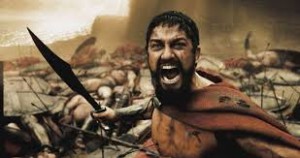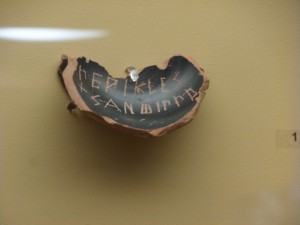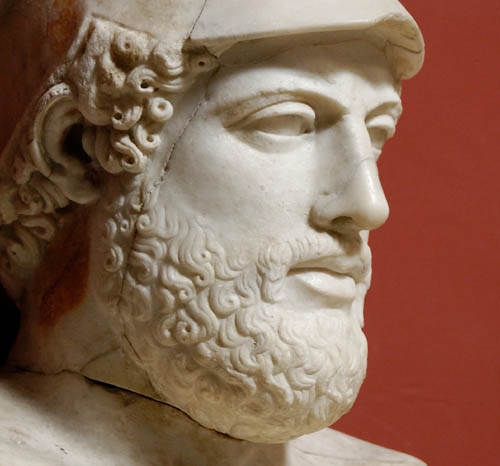There is a place, born in myth, that history has led into the world of men: the hot gates. Because? Because from here began the study of ancient history, from what Herodotus and Thucydides, two of the greatest historians of ancient times, transcribed the stories of these places and actions of these people with the purpose of telling us posterity the origins of our history. Before telling the hot gates, you have to take a step back, at 490 b.c.. When the Greeks, gathered together, they succeeded in blocking the first Persian advanced: According to legend, Pheidippides would run from Marathon to Athens to announce the victory and options would die for the effort. Ten years after, in 480 BC, the Persian king Xerxes attempted a second invasion of Greece, at the head of a huge army: 70.000 According to historians, 300.000 According to the Greeks, more than a million according to the gods. While Xerxes was heading south, an army of Greeks composed all the city-state turned to the North: the army led by Spartan King Leonidas consisted of 7.000 men, of which 300 Spartans, then the Thebans, The phocians, Locrians and Athenian Hoplites. The battleground was the hot gates, a narrow passage to the North of Attica, which turned out to be strategic to prevent the advance of the Persians. The tale of the battle between the greatest army in the world, the Persian one, and the small Greek forces is a mix of history and legend: in the end of the battle the 300 the Spartans led by Leonidas managed to block the advance of Xerxes at the cost of their lives. The Persians, given the impossibility of entering by land, they decided to circumvent the Attica to attack by sea. On their way, in the Bay of Salamis, a few steps from Athens, they found waiting for the Athenian general Themistocles the Athenian fleet of Triremes. Themistocles maneuvering Gulf Strait took advantage of the speed of small Greek Triremes being able to destroy larger ships shutters. In Xerxes was left with no choice but to retire. The exploits of Leonidas and his Spartans, Themistocles and his fleet entered the history, keeping the promise made by Themistocles to his soldiers before the battle against Xerxes: "resist and you will enter into history, you're in myth because you Greeks ".
Roberto


